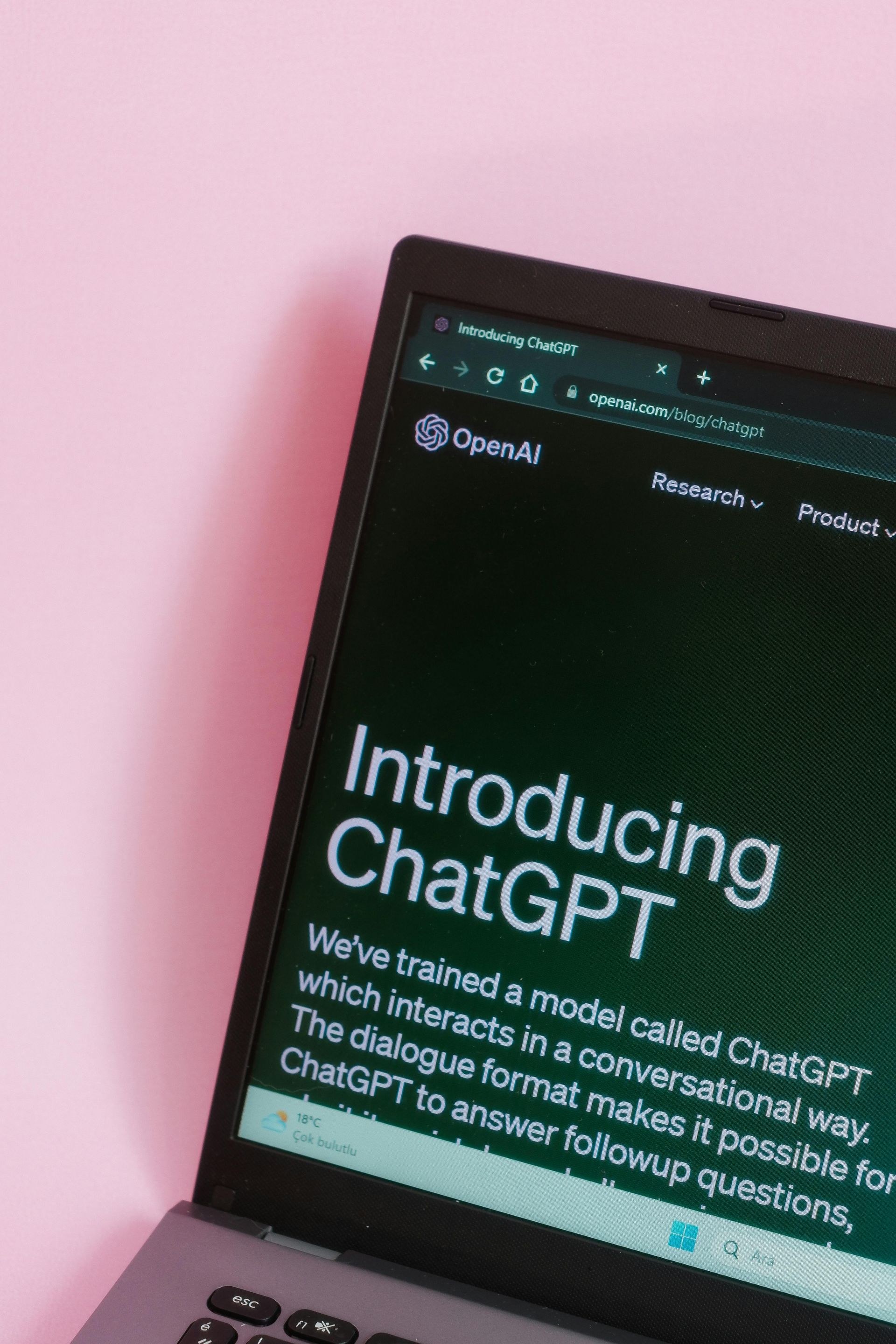Accessibility Compliance: A Critical Challenge and Significant Opportunity for Brands
In today’s digital-first environment, accessibility compliance isn't just a legal necessity—it's a profound business opportunity. Despite rising awareness, numerous companies still overlook the importance of digital accessibility, inadvertently excluding a substantial market segment.
The Problem: Overlooking Accessibility
Recent reports highlight a striking gap:
- Approximately 26% of adults in the United States have some form of disability, according to the CDC.
- WebAIM’s 2024 report found 96.8% of homepages tested had detectable WCAG (Web Content Accessibility Guidelines) 2.1 failures.
- In 2023 alone, ADA-related digital accessibility lawsuits rose by 18%, reaching over 4,800 cases, highlighting increasing legal scrutiny and financial risks for non-compliance.
Ignoring accessibility poses serious reputational risks, reduces potential market size, and poses costly legal issues for brands.
Costs of Non-Compliance and Penalties
The financial implications of non-compliance with accessibility standards are significant:
- Legal Penalties: ADA fines for noncompliance are expensive, to say the least. An initial ADA violation can cost an entity up to $75,000, and up to $150,000 for subsequent violations. ADA-related lawsuits can lead to substantial settlements, averaging between $15,000 to $50,000 per case, with high-profile lawsuits sometimes reaching millions.
- Remediation Costs: Reactive fixes to meet compliance standards typically cost businesses $20,000 to $100,000, depending on the severity and scope of the issues.
- Lost Revenue: Non-accessible websites can result in revenue losses due to lower customer engagement and conversions, potentially reducing sales by 10-15%.
The Opportunity: Expanding Market Reach and Enhancing Brand Reputation
Accessibility compliance presents brands with significant opportunities:
- The global market of people with disabilities, along with their families and friends, controls over $8 trillion in annual disposable income (Global Economics of Disability Report, 2023).
- Accessible websites experience 15-20% higher engagement metrics, improving user retention and conversion rates.
- Brands known for inclusive digital practices see enhanced reputation, with 73% of consumers indicating a preference for purchasing from accessible and inclusive brands (Accenture, 2023).
How Quell AI Helps Brands Achieve Accessibility Compliance
Quell AI is dedicated to helping brands overcome accessibility barriers effectively and efficiently:
- Automated Accessibility Audits: Quell AI rapidly identifies WCAG 2.1 compliance issues, clearly detailing necessary fixes, creating tickets and validating fixes.
- Continuous Monitoring: Quell AI ensures ongoing compliance by automatically detecting and alerting brands to new accessibility issues in near real-time.
- Integration with Development Workflows: Quell AI seamlessly integrates with tools like Jira, enabling efficient management and resolution of accessibility issues directly within your team's existing workflow.
By leveraging advanced AI technology, Quell AI helps brands not only mitigate legal risks but also turn accessibility compliance into a strategic business advantage.
Accessibility compliance isn't merely about risk avoidance—it's a proactive, profitable choice. Brands that embrace this reality today will reap substantial rewards, from enhanced brand loyalty and increased customer satisfaction to broader market reach and substantial financial returns.
Investing in accessibility with Quell AI isn’t just the right thing to do—it's smart business.




